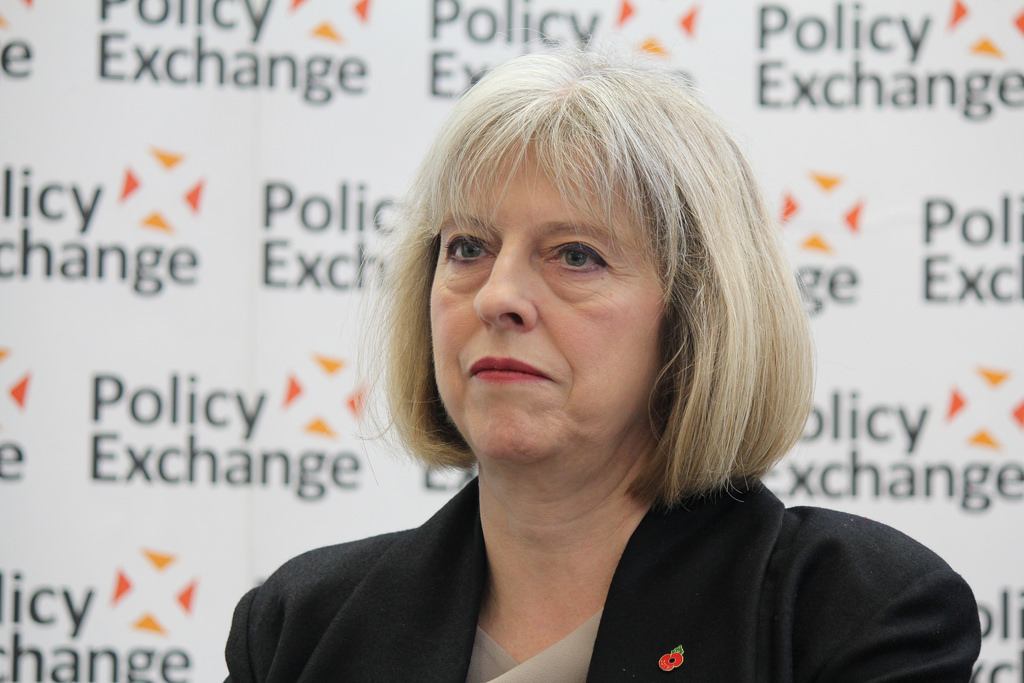
(Photo: Creative Commons)
Theresa May has become the second woman to be Prime Minister of the United Kingdom, and depending on the impact of Brexit on the Union, in particular Scottish Independence, very well may be its last.
As Home Secretary for over 6 years, she was one of the longest serving Home Secretaries in living memory. In her time, she has been in charge of three areas that have most acutely impacted British Muslims: immigration, counter-extremism and hate crimes. In each, her legacy leaves much to be desired.
When it comes to immigration, she encouraged an anti-immigrant atmosphere by strong and needlessly inflammatory rhetoric that many may argue, paved the way for Brexit. For example, the infamous “go home” vans, the wrong deportation of almost 50,000 international students and the retention of a meaningless target for immigration that was roundly ignored.
On counter-extremism, she presided over the widely derided expansion of the Prevent duty to nursery schools, schools, universities and other public bodies in a policy that has been accused of unfairly targeting Muslims without engaging with Muslim communities and representative bodies such as the Muslim Council of Britain. With the most recent report by Rights Watch (UK) condemning the anti-radicalisation strategy as harming children’s rights, and the United Nations Special Rapporteur, Maina Kia, saying that the policy “could end up promoting extremism”, there is a serious case that her main policy achievement needs a complete overhaul.
And on hate crimes, Ms May did institute a requirement for all police forces to disaggregate hate crimes by faith, which helps in building the data required to support action to tackle Islamophobia. However, under her watch, Islamophobia has been on the rise and her lack of meaningful action to actually combat Islamophobia demonstrate that she has failed to take Islamophobia seriously enough. Furthermore, her apparently discriminatory application of extradition law in the case of Talha Ahsan (cf. Gary McKinnon), the apparently reckless decision-making that led to the ban on Sheikh Raed Salah, an Israeli-Palestinian politician, or the investigation into Shari’a councils but not into the similar Beth Din arbitration councils – do not help the perception of double standards when it comes to Muslims. And when this minimal action to counter bigotry against Muslims is coupled with increased funding and support to counter bigotry against those of other faiths, the feeling of an underlying antipathy towards Muslims is only intensified.
Yet whilst this history cannot be undone, the future is what matters. With the promise to remain part of the European Court of Human Rights, in sharp contrast to her previous worrying hostility to human rights law, and her vision of a one nation Britain that works for everyone, we hope that Ms May will work with, value and tackle the challenges of all communities equally in building a stronger nation.